detail profile martin wiebel
Peran Yang Di Mainkan Martin Wiebel
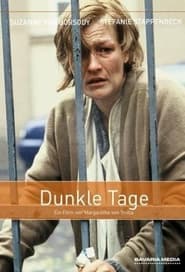 Margarethe von Trottas TV movie focuses...
Margarethe von Trottas TV movie focuses...Dark Days 1999
Margarethe von Trotta's TV movie focuses on a woman whose life is destroyed by her addiction to alcohol. Angela Rinser is a happy mother of two children and quite successful in her job as bilingual secretary. The sudden death of her husband changes everything. She starts drinking and loses her job. Her children Felicitas and Max try to hush up their social decline for years because they don't want to live in a foster home.
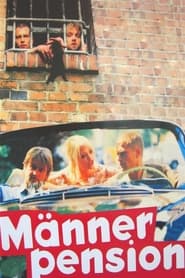 Ein Frderprogramm bringt die beiden Kanckis...
Ein Frderprogramm bringt die beiden Kanckis...Männerpension 1996
Ein Förderprogramm bringt die beiden Kanckis Gerd und Steinbock in die Obhut von Frauen. Dort sollen sie beweisen, dass sie in der Lage sind sich in die Gesellschaft zu integrieren. Nun bringt Gerd dummerweise einen Barbesitzer um. Damit hat der Ausflug in die Freiheit vorlaeufig ein Ende.
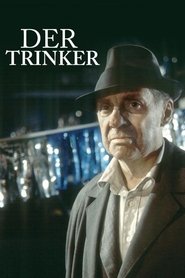 Hans Fallada tells in his published...
Hans Fallada tells in his published...Der Trinker 1995
Hans Fallada tells in his published after the war novel "The drinker" the story of the agricultural wholesaler Erwin Sommer, who flees from his narrow bourgeois relations under the burdens of the new times in the kingdom of the king alcohol, whose liberty and independence promises prove a lie - the only truth of the alcohol. On behalf of the WDR television play Ulrich Plenzdorf has adapted Fallada's 1944/45 novel for a film adaptation by Tom Toelle with Harald Juhnke in the main role of Erwin Sommer.
 The brothers Kipp and Most set...
The brothers Kipp and Most set...No More Mr. Nice Guy 1993
The brothers Kipp and Most set off to inherit their grandmother's estate. Along the way, they meet Viktor, a deserted Russian soldier who kidnaps them, and Nadine, who joins them voluntarily. On their way to their inheritance, the protagonists get into some seemingly hopeless situations.
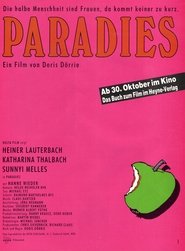 Viktor and Angelika are a straight...
Viktor and Angelika are a straight...Paradise 1986
Viktor and Angelika are a straight couple. He is a professor of veterinary science and she has studied art history. Both are more interested in their hobbies and professions than in each other; also, Viktor isn't terribly interested in satisfying his wife anymore. Their upright relationship changes dramatically when Viktor gets to know Lotte, a former school friend of Angelika's. Back in school, Lotte would have done anything for Angelika.
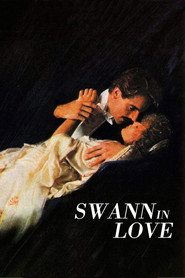 In 19thcentury Paris Charles Swann risks...
In 19thcentury Paris Charles Swann risks...Swann in Love 1984
In 19th-century Paris, Charles Swann risks his social standing in his obsessive pursuit of prostitute Odette. His overwhelming desire for her comes, in part, from Odette's complete disinterest in him. When he finally weds her, utterly compromising himself in high society, he finds to his horror that his love for her was a complete illusion. At the same time, the Baron de Charlus pursues his own ill-advised romance.

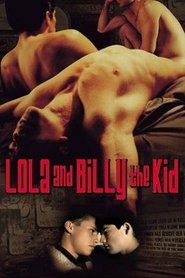 Murat a Turkish gay youth living...
Murat a Turkish gay youth living... An ailing Greek man attempts to...
An ailing Greek man attempts to...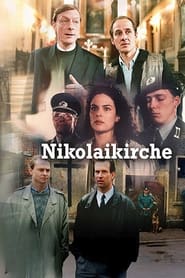
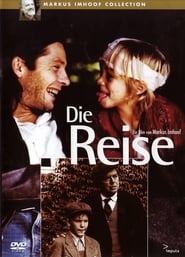 An unusual family story about two...
An unusual family story about two...